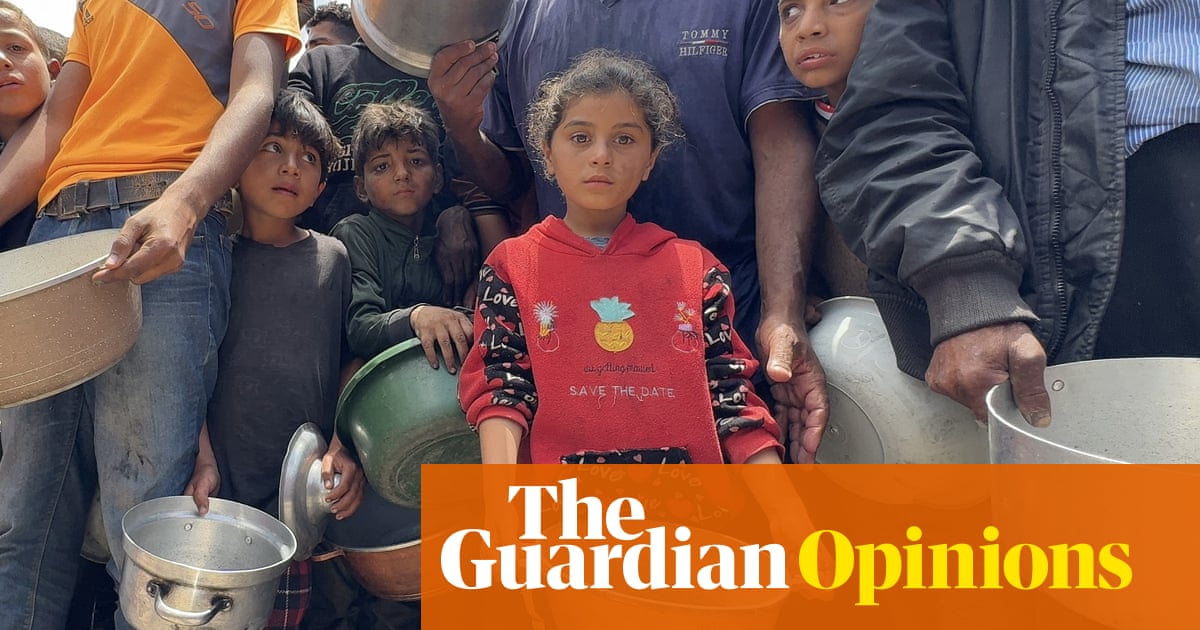Last Monday the UK, Canada and France deliberately issued thestrongest joint statementto date about what they said was the “intolerable” level of human suffering in Gaza.
It is a further sign that many of our good friends in the international community remain aghast at the treatment of innocent civilians inGaza. It was an important stand by them. Australia could have proudly joined them. We didn’t.
The powerful stand of the UK, Canada and France blazingly overshadowed a more subsidiarystatementsigned by 23 other countries – including our own – calling for a more fulsome reinstatement of humanitarian aid.
Both statements rightly condemned the utterly heinous attack by Hamas against innocent Israelis on October 7 and continued the calls we have all made since then for Hamas to release all remaining hostages. Ultimately Hamas must and will be held to account.
Notably, only one statement last week threatened to take “further concrete actions in response”, and it wasn’t the one we signed up to. On Wednesday, Australia’s foreign minister, Penny Wong, described recent UN reports as “horrifying”.
We often hear critics, or those lacking courage in the face of this humanitarian catastrophe, ask: what can a country like Australia realistically do? They apply great energy to talk us all out of speaking up – doing so in a way that defies a proud legacy of energetic, critical global advocacy by our country.
Sign up for Guardian Australia’s breaking news email
Like many on my side of politics, I’m especially proud of the fact that Labor governments have a history of stubbornly defying the feeble-minded; willing to flex our middle-power muscle, even in the face of occasional rebuff.
The Labor prime minister Bob Hawke persistently campaigned against apartheid in South Africa. He marshalled others in the Commonwealth – including Margaret Thatcher – to keep pressuring South Africa. This included a determination by the 1985 Commonwealth heads of government meeting (Chogm) to ratchet up the use of sanctions to advance the cause.
This was followed by a Labor foreign minister in Gareth Evans helping forge an agreement that brought a close to brutality in Cambodia and ushered in a peace that was celebrated the world over.
And it’s worth remembering Paul Keating used his formidable personal advocacy to convince major powers to build up the role of Asia-Pacific Economic Cooperation (Apec): “I not only put Australia in an important place at the table, I wanted to be able to create the table itself,” he said. His other landmark achievement was reaching a security agreement with Indonesia, radically turning on its head a prevailing orthodoxy by stating we would obtain our security from within Asia, not outside it.
Today, South Africa, a nation we backed to free itself from oppression, has now stood up to do likewise for others in their time of need, taking a case to the international court of justice alleging genocide in Gaza. While a final determination still hasn’t been made, the court’s interim ruling is suggestive of how we will reflect on this chapter in the future.
Current circumstance demands conviction not reticence.
Sign up toBreaking News Australia
Get the most important news as it breaks
after newsletter promotion
Now is the time to act. The UN has warned14,000 babies suffering from severe acute malnutrition are at risk of dying, on top of the tens of thousands of women and children already murdered during this conflict. One cannot begin to fathom the fate of the thousands of young Palestinians orphaned as a result of the Netanyahu government’s conduct of its operations in Gaza.
Two million Palestinians teeter on the brink of famine. Humanitarian workers trying to help them – such asour own Zomi Frankcom, killed by the Israeli Defense Forces – have been wiped out in record numbers. Journalists trying to inform the rest of the world about this and other depravations have suffered the same tragic end.
Right now, Australia can and should be doing more: for starters, we should be calling in the Israeli ambassador to Australia to express the unequivocal demand we share with other nations that the Israeli government must provide for the immediate freer, rapid flow of humanitarian aid, not the “basic” level currently permitted to trickle in.
We should also prepare to significantly ramp up our contribution to the international humanitarian effort. Just as we have rightly seen fit to provide $1bn supporting Ukraine, we can lift our contribution to Gaza well above the $100m provided to date. This could include support for development for a children’s hospital in Gaza as called for byDr Mohammed Mustafa.
And from now on we should signal we will unashamedly stand with friends and allies like the UK, France and Canada, not just condemning the Netanyahu government’s attacks on the innocent of Gaza – but preparing right now to extend targeted sanctions against those individuals directing a brutal campaign against Gazans, one that has staggeringly and repeatedly defied international humanitarian law.
Australia has a proud tradition of refusing to be silent on the world stage when it comes to defending the vulnerable and oppressed. We can be emboldened by our legacy of doing so. Two million starving people in Gaza need all the help we can muster alongside others.
Ed Husic is the federal Labor MP for Chifley in western Sydney
